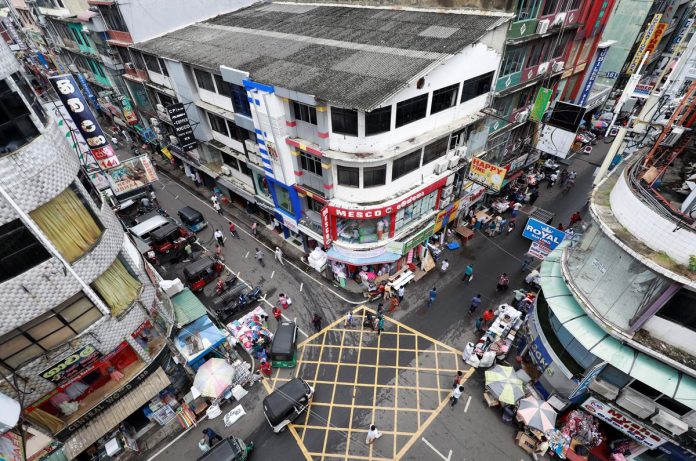COLOMBO, March 11 (Reuters) – Sri Lanka will begin talks with the International Monetary Fund (IMF) next month on a plan to help the crisis-hit country, where a foreign exchange shortage has squeezed essential imports amid looming debt payments, three sources said on Friday.
Sri Lanka is facing its worst financial crisis in years. With foreign exchange reserves standing at a paltry $2.31 billion, the country is struggling to pay for critical imports including fuel, food and medicines. read more
The move to approach the IMF for help comes after months of resistance from Sri Lanka’s government and central bank, despite calls from opposition leaders and experts to seek a bailout package.
Finance Minister Basil Rajapaksa will travel to Washington in mid-April to present Sri Lanka’s proposal to senior IMF officials, two sources with knowledge of the ongoing discussions told Reuters.
“We are taking our proposal and a plan,” one of the sources said, declining to be named since the discussions are confidential. “The government is serious about fixing things.”
In a tweet late on Friday, Central Bank Governor Ajith Nivard Cabraal said the aim of the upcoming talks with the IMF was not restructuring Sri Lanka’s debt.
“Meetings of Sri Lankan authorities with @IMFNews officials over the next few weeks are NOT for the purpose of #debt restructuring,” he said.
Through repeated cycles of borrowing since 2007, Sri Lanka had piled up $12.55 billion worth of debt through international sovereign bonds (ISB), which make up the largest part of its external debt. read more
The island nation has to repay about $4 billion in foreign debt this year, including a $1 billion ISB maturing in July.
“We will discuss options based on our plans,” the source said.
Sri Lanka’s finance ministry and the IMF did not immediately respond to questions from Reuters.
‘TOUGH SITUATION’
A combination of historically weak government finances, badly timed tax cuts and the COVID-19 pandemic, which hit the country’s lucrative tourism industry and foreign remittances, have wreaked havoc on Sri Lanka’s economy. read more
In a periodic review last week, the IMF called on the government to implement a “credible and coherent” strategy to repay debt and restore macroeconomic stability. read more
“The country faces mounting challenges, including public debt that has risen to unsustainable levels, low international reserves, and persistently large financing needs in the coming years,” the IMF said.
To find a way out of the crisis, the government will seek assistance with debt restructuring, the foreign exchange crisis, bolstering revenue generation and reforming state-owned enterprises, the source said.
“This is a tough situation,” the source said, “We want to see what support we can get from the IMF.”
In recent weeks, the country of 22 million has faced rolling electricity cuts. Bakeries have run out of gas and many fuel pumps have run dry. Soaring oil prices have added to the government’s woes. read more
Late on Monday, the central bank implemented a flexible exchange rate for the rupee, triggering a devaluation of about 30% and driving up the prices of many essential items.
RegisterReporting by Uditha Jayasinghe in Colombo and Devjyot Ghoshal in New Delhi Editing by Toby Chopra, Hugh Lawson and Frances Kerry
Reuters.com
